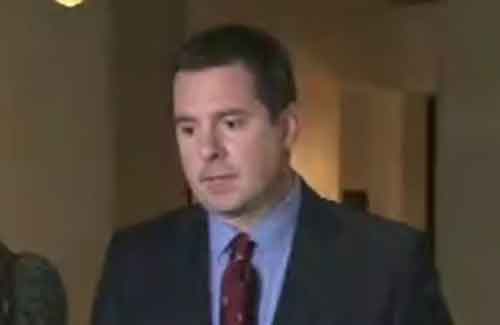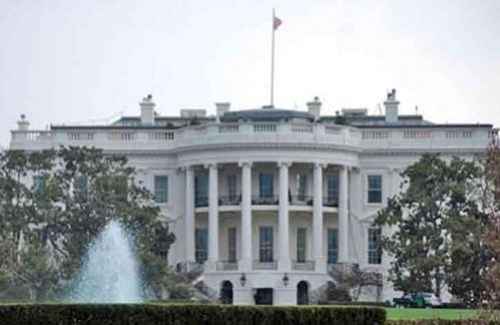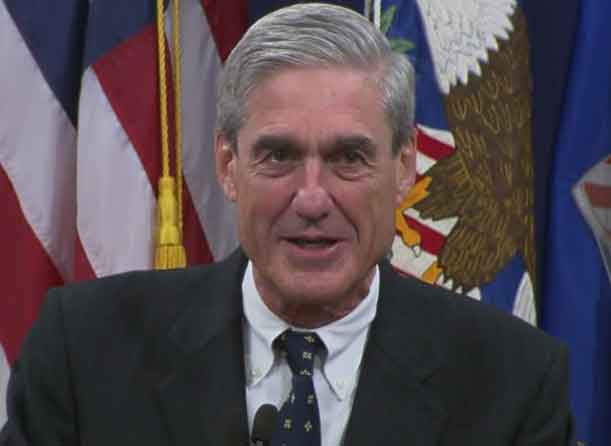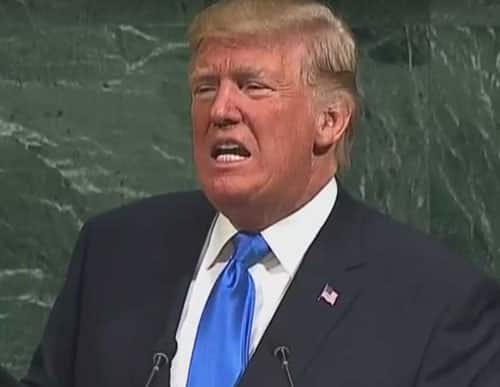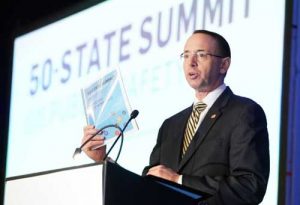
The White House said Monday that Deputy Attorney General Rod Rosenstein will meet with President Donald Trump on Thursday, following news reports that the Justice Department’s No. 2 official was expecting to be fired.
The announcement came days after The New York Times reported that Rosenstein last year suggested secretly recording Trump and that he raised the idea of invoking the U.S. Constitution’s 25th Amendment to remove the president from office for being unfit to govern.
Rosenstein had denied the report last week.
“At the request of Deputy Attorney General Rod Rosenstein, he and President Trump had an extended conversation to discuss the recent news stories. Because the President is at the United Nations General Assembly and has a full schedule with leaders from around the world, they will meet on Thursday when the President returns to Washington, D.C.,” White House Press Secretary Sarah Sanders said in a statement.
Some media reports Monday suggested that Rosenstein had discussed resigning while others said he is refusing to leave unless he is fired.
After last week’s Times story, Rosenstein said, “The New York Times’s story is inaccurate and factually incorrect. I will not further comment on a story based on anonymous sources who are obviously biased against the department and are advancing their own personal agenda. But let me be clear about this: based on my personal dealing with the president, there is no basis to invoke the 25th Amendment.”
The 25th amendment outlines a process for the vice president and a majority of the Cabinet to remove the president from office if he is unable to perform his official duties.
Rosenstein later issued a second statement denying the allegations in even stronger terms: “I never pursued or authorized recording the President and any suggestion that I have ever advocated for the removal of the President is absolutely false.”
A source who was in the room when Rosenstein made the remark said that the comment was made sarcastically. The source said it “was never discussed with any intention of recording a conversation with the president.”
Rosenstein has served as the Justice Department’s No. 2 official since April 2017 when he was nearly unanimously confirmed by the Senate. But the former career prosecutor quickly found himself at the center of a political firestorm after Attorney General Jeff Sessions recused himself from the Russia probe and Trump fired FBI Director James Comey.
Comey’s abrupt dismissal in May 2017 led Rosenstein to tap Robert Mueller, another former FBI director, as special counsel for the Russia investigation. That made Rosenstein a frequent target of Trump’s attacks on the probe into Russian interference in the 2016 presidential election.
Mary McCord, a former acting assistant attorney general for national security who has worked closely with Rosenstein, said the deputy attorney general’s departure would not have an immediate adverse impact on the Russia probe.
The Justice Department officials in line of succession, including Solicitor General Noel Francisco and Assistant Attorney General Steven Engel, are all “very experienced lawyers. They know the Department of Justice very well. They have respect for the rule of law and for the role of the special counsel,” she said.
McCord, who is now a visiting law professor at Georgetown University, added, “I don’t see any one of them changing course. I don’t’ see any one of them coming in and saying, I’m firing Mueller or I’m shutting down the investigation or I’m doing anything other than let it run its course.”
If Rosenstein were to resign or is fired, oversight of the Russia probe would fall to Francisco, the department’s No. 4 official, because the department currently doesn’t have a Senate-confirmed No. 3 official. And if Francisco is conflicted, the responsibility would be assumed by Engel or other officials in the line of succession.
Trump could also invoke the Vacancies Reform Act to appoint an interim deputy attorney general, McCord said.
The little-known law allows the president to appoint any Senate-confirmed executive branch official to temporarily head an agency whose head “dies, resigns or is otherwise unable to perform” their duties.
“One question is whether the Vacancies Reform Act would be applicable if the person is unavailable due to having been fired as opposed to resigning, death or inability to do their job,” McCord said.
The allegation that Rosenstein suggested surreptitiously taping Trump was included in contemporaneous memos kept by ousted Deputy FBI Director Andrew McCabe. Last year, McCabe turned over the memos, which recorded his interactions with Trump and other high-level administration officials, to the special counsel.
In a statement released on Monday, McCabe expressed concern that Rosenstein’s departure could jeopardize the Russia probe.
“If the rumors of Deputy AG Rosenstein’s departure are true, I am deeply concerned that it puts that investigation at risk,” McCabe said.
Source: VOA




